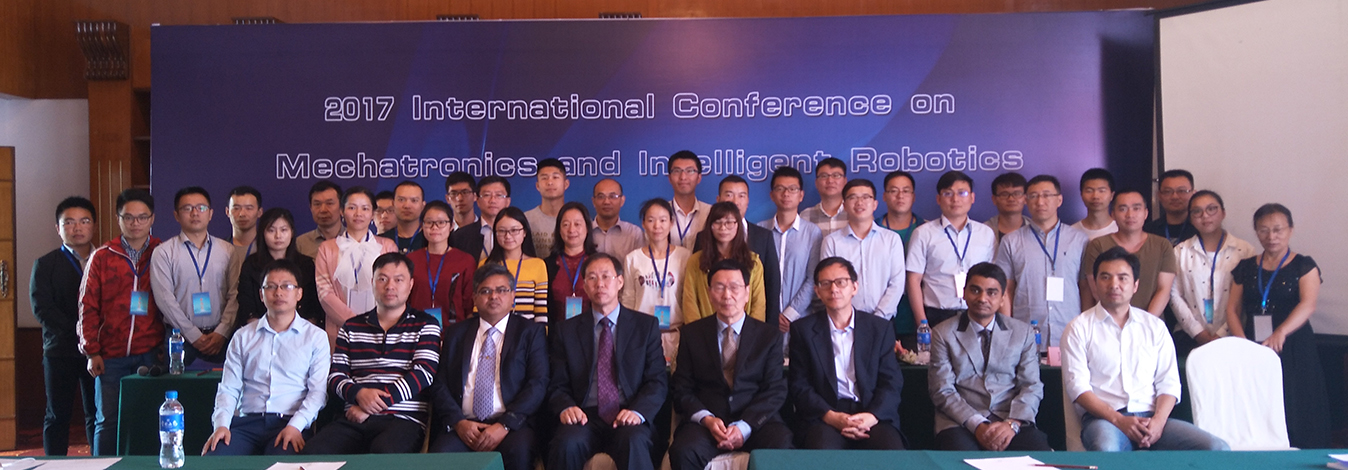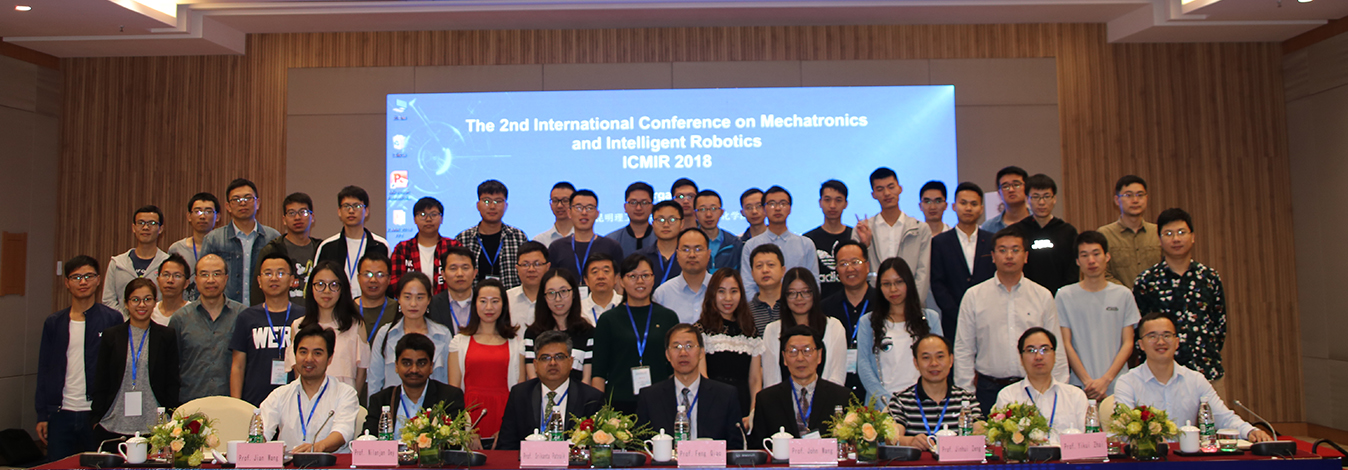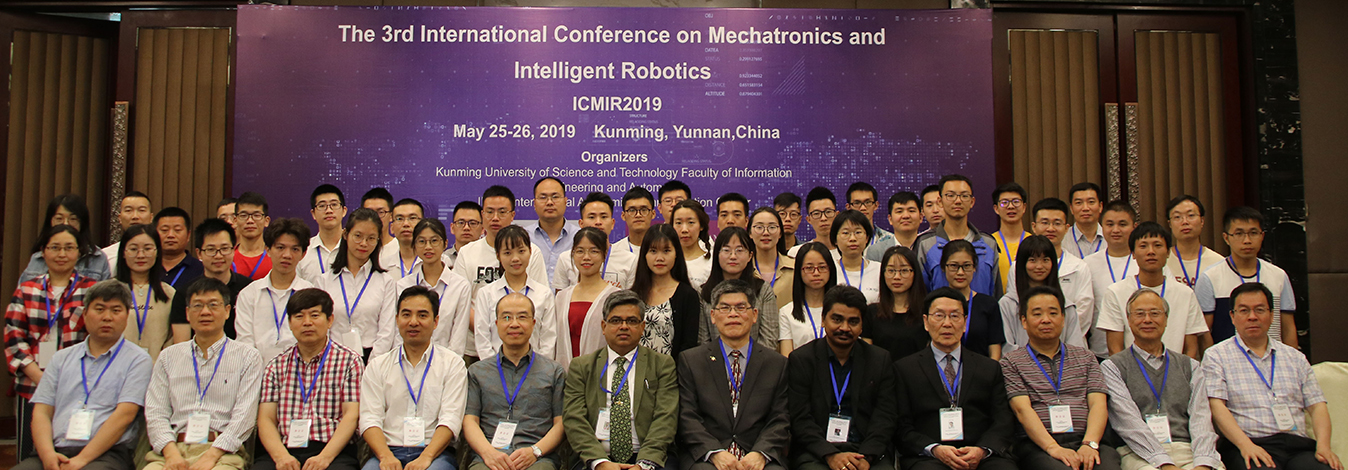Keynote Speaker

Prof.Bernard J. Jansen
Hamad Bin Khalifa University, Qatar
Dr. Jim Jansen is a Principal Scientist of the Qatar Computing Research Institute, leading a research team working on the automatic visualization of user data (see https://acua.qcri.org/team). He is a graduate of West Point and has a Ph.D. in computer science from Texas A&M University. Professor Jansen is editor-in-chief of the journal Information Processing & Management and former editor-in-chief of Internet Research. He has received several awards and honors, including an ACM Research Award, six application development awards, a product innovation award, and a university-level teaching award, along with other writing, publishing, research, teaching, and leadership honors. Dr. Jansen has authored or co-authored more than 350 research publications, with articles appearing in a multi-disciplinary range of journals and conferences. He is the author of the book Data-Driven Personas (Springer Nature).
Title: Understanding Audiences, Customers, and Users via Analytics
Abstract: Using digital analytics from the laboratory, social media platforms, and the Web is an industry-standard approach for understanding audiences, customers, and users. The people that assume these roles of audiences, customers, and users often have complex behaviors and motivations that are challenging to understand. The use of analytics can aid in this understanding. After conceptualizing the analytics process, this presentation will skim analytics foundations, including strategies, data-gathering approaches, and validation methods. We will also discuss specific methods, including Eye Tracking, Mouse Tracking, Social Media APIs, Search Logs, and Analytics Triangulation both in and outside the lab. We will also discuss the validity of online analytics. The presentation aims to offer a primer on contemporary lab, Web, and social media analytics topics.

Prof. Giuseppe Carbone
University of Calabria, Italy
Giuseppe Carbone has got his PhD degree in Robotics from the University of Cassino, Italy, in 2004 where he has been Assistant Professor and Key Member of the Laboratory of Robotics and Mechatronics (LARM) for about 15 years. He has been visiting professor at Universidad Carlos III of Madrid, Beihang University, Waseda University, and several other well-reputed International Research Institutions. From 2018 he has joined University of Calabria, Italy as Associate Professor. From 2020 he is Chair of IFToMM TC on Robotics and Mechatronics. From 2018 to 2021 he has been Visiting professor at Sheffield Hallam University, UK where he served as Senior Lecturer and member of the Executive board of Sheffield Robotics from 2015 to 2017. From 2021 he is also Scientific Director of the International Research Laboratory Intelligent Robotic Systems and Technologies, University of Belgorod with State assignment of Ministry of Science and Higher Education of the Russian Federation under Grant FZWN-2020-0017. Among others he is Treasurer of the IFToMM Italy Member Organization, Editor-in-Chief of Robotica Journal (Cambridge Univ. Press), Section EIC of Journal of Bionic Engineering, MDPI Robotics, MDPI Machines, Technical Editor of IEEE/ASME Transactions on Mechatronics. He has been PI or co-PI of more than 20 projects including 7th European Framework and H2020 funds. He has received more than 20 Best Paper awards and more than 10 International Best Patent awards. His research interests cover aspects of Engineering Design, Mechanics of Robots, Mechanics of Manipulation and Grasp, Mechanics of Machinery with over 500 research paper outputs, 20 patents, and 16 Phd completions (6 ongoing). He has been also member of 20 PhD evaluation Commissions and viva in Italy, Spain, Finland, UK, Romania, Mexico, India. He has been invited to deliver Keynote speeches and lectures on his research activity at more than 30 International events. He edited/co-edited four books that have been published by Springer and Elsevier International Publishers. h-index 36 n. citations >5000 (source google scholar). In January 2023 he received an Honoris Causa Doctoral Degree from Technical University of Cluj-Napoca (Romania).
Title: Towards a systematic design approach for service robotic devices
Abstract: Robots are already widely used to help human beings and/or to execute various tasks in a wide range of service applications requiring direct human-robot interaction. Researchers are still widely investigating robotics with the aim to further improve robot performance and/or to enlarge their fields of application as well as to further address the key safety implications of human-robot interactions. This presentation will address the main design aspects and implications, proposing an approach to systematize a general design procedure. In particular, it is convenient to deduce a design procedure that can consider several design criteria in a multi-objective approach. Among others, the proposed procedure requires to define quantitative measures for safety, and it is instrumental to raise safety awareness among all the stakeholders. Illustrative examples are reported to outline the key aspects with a wide range of applications.
.jpg)
Simon X. Yang
Advanced Robotics and Intelligent Systems (ARIS) Laboratory, School of Engineering, University of Guelph, Canada
Prof. Yang received the B.Sc. degree in engineering physics from Beijing University, China, in 1987, the first of his two M.Sc. degrees in biophysics from Chinese Academy of Sciences, Beijing, China, in 1990, the second M.Sc. degree in electrical engineering from the University of Houston, USA, in 1996, and the Ph.D. degree in electrical and computer engineering from the University of Alberta, Edmonton, Canada, in 1999. Currently he is a Professor and the Head of the Advanced Robotics and Intelligent Systems (ARIS) Laboratory at the University of Guelph. Prof. Yang’s research interests include robotics, artificial intelligence, sensors and signal processing, multi-sensor fusion, wireless sensor networks, intelligent control, and computational neuroscience. Prof. Yang serves as the Editor-in-Chief of Intelligence & Robotics, and International Journal of Robotics & Automation, and an Associate Editor of IEEE Transactions on Cybernetics, IEEE Transactions on Artificial Intelligence, and several other international journals. He has involved in the organization of many international conferences.
Title:Intelligent Real-time Motion Planning and Control of Autonomous Underwater Vehicles
Abstract: Intelligent motion planning and control of autonomous underwater vehicles (AUVs) are essentially important for many important applications such as security surveillance, environmental monitoring and exploration in rivers, lakes, and seas, particularly in unstructured, hazardous and complex environments. In this talk, a bio-inspired neural network is first developed for real-time AUV path planning with the effect of dynamic currents and unpredictable obstacles by integrating a velocity synthesis algorithm. Then the bio-inspired neural network is extended to dynamic task assignment and path planning in a multi-AUV system, where optimal results are obtained through a priority list derived by path distances deducted based on the neural network. After that, efficient and robust trajectory tracking control of AUV without actuator saturation is developed based on fuzzy logic considering the environmental noise. Finally, consensus formation tracking control of multi-AUV systems is developed using distributed bioinspired sliding mode control, with guaranteed Lyapunov stability and smooth torque inputs. Extensive simulation experiments have verified the effectiveness and efficiency of the developed intelligent methods in applications to specific AUV systems with comparisons to existing mainstream methodologies.



